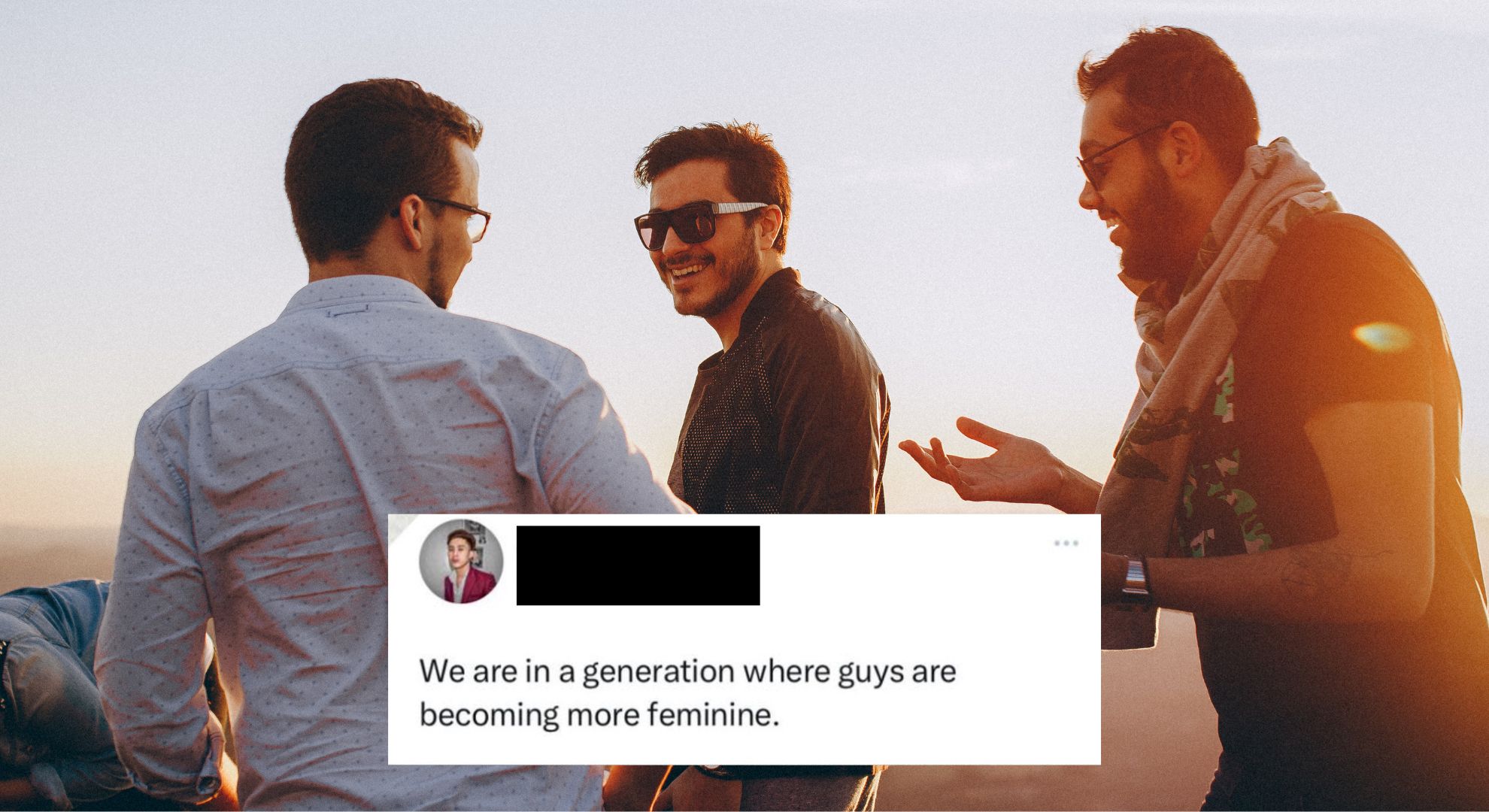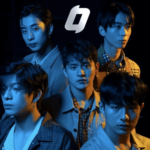A Facebook user recently ignited controversy and introspection with a post delving into today’s evolving perceptions of masculinity. The post, accompanied by a thought-provoking caption, raised questions about the changing dynamics of gender roles and societal expectations.
In the post, OP presented a stark observation: “We are in a generation where guys are becoming more feminine.” This statement immediately struck a chord, prompting a flurry of responses and discussions across social media platforms.

The caption accompanying the post encapsulated OP’s viewpoint on the current state of masculinity. He noted a perceived shift in behavior among men, highlighting concerns about a lack of ambition and direction among some males. He expressed unease about men prioritizing appearances and social media validation over personal growth and achievement.
One social media user commented, “Patriarchy momints, [Patriarchy moments]” indicating a critique of traditional gender norms and power structures. Another user pointed out the fragility associated with questioning traditional masculinity, suggesting that OP’s discomfort with femininity hints at underlying insecurities.
Another user pointed out, “Napaka-fragile ng pagkalalaki ni koya the fact na he’s threatened by and is belittling femininity, [The masculinity of that guy is very fragile, given that he feels threatened by and is belittling femininity.]” indicating a critique of OP’s perspective as potentially rooted in insecurity or a narrow view of masculinity.
Amidst the debates, voices advocating for a return to “Biblical and traditional masculinity” emerged. These sentiments reflected a desire to reclaim perceived lost values and a rejection of what some see as the negative influences of contemporary ideologies, such as feminism.
However, not all responses echoed this sentiment. Some users challenged the narrow definition of masculinity, questioning the emphasis on dominance and strength. They urged a broader understanding of being a man, emphasizing qualities like responsibility and positive character traits over rigid gender stereotypes.
One user brought historical and cultural context into the discussion, mentioning the role of babaylans—indigenous Filipino spiritual leaders who were often women. This perspective encouraged a broader exploration of identity beyond Christian beliefs, urging individuals to embrace diversity and complexity in defining masculinity.
On the other hand, a comment challenges the narrow definition of masculinity, asking, “What’s wrong with feminine traits?” This viewpoint calls for reevaluating what it means to be a man and challenges rigid stereotypes.
The post’s impact extended beyond social media, prompting more profound reflections on societal expectations and personal identity. It raised essential questions about the evolving nature of gender roles, the influence of cultural and religious beliefs, and the need for inclusive and nuanced discussions on masculinity.
The post catalyzed a multifaceted dialogue, highlighting tensions and opportunities for growth and understanding in how society perceives and defines masculinity in the modern age.
Other POP! stories that you might like:
‘Hit or Miss?’: Social media users divided on Ryosuke Kiyasu’s drum solo in Bacolod
Filipino Historian Ambeth Ocampo reacts to witty suggestions for localized ‘Cunk on Earth’
What is up with 90s kids bragging about ‘not being afraid of the sun’ when they were young?
‘Isn’t it normal?’: Bea Borres faces backlash for ‘out of touch’ remarks about inheritance




